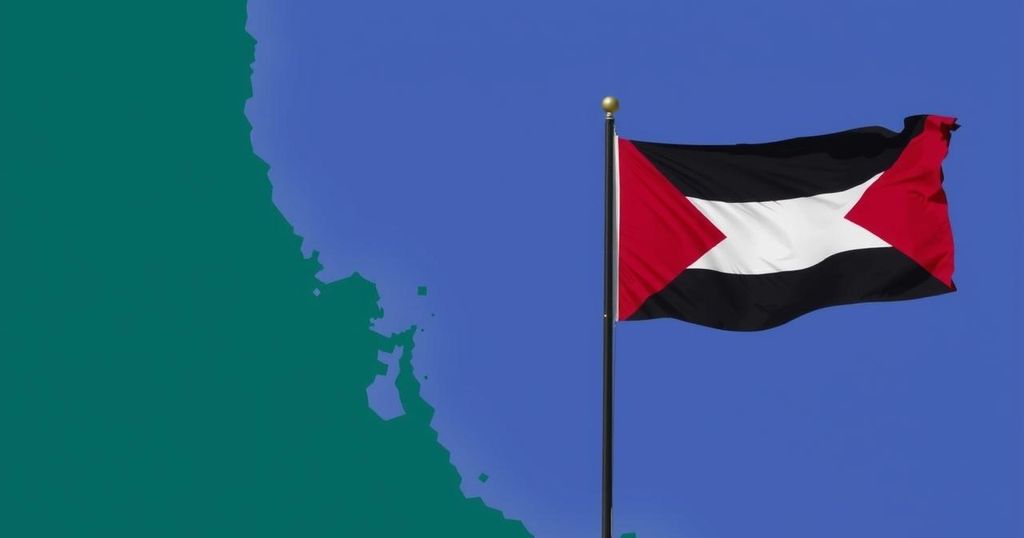Qatar has decided to pause its mediation efforts in the Gaza conflict until Hamas and Israel express a sincere willingness to negotiate. This marks a significant setback in ongoing peace efforts, and Qatar has also assessed its relationship with Hamas’ political office in Doha as ineffective. The U.S. has communicated that the presence of Hamas leaders in Qatar is no longer acceptable, complicating future negotiations.
Qatar has decided to cease its mediation efforts aimed at facilitating a ceasefire and the release of hostages in Gaza, contingent upon both Hamas and Israel demonstrating a genuine willingness to engage in negotiations. This decision marks a significant setback in the attempts to establish peace since the commencement of hostilities. The Qatari government has concluded that Hamas’ political office in Doha is no longer effective, particularly as high-ranking leaders of Hamas have faced targeted assassinations by Israel. In collaboration with the United States and Egypt, Qatar has been involved in previous negotiations that have yet to yield results. The most recent discussions, which took place in mid-October, faltered when Hamas declined a short-term ceasefire proposal. Formerly a mediator, Qatar has indicated that it could resume its role if both parties show a sincere commitment to negotiating to end the ongoing conflict. The situation remains fluid, as Qatar has not officially set a timeline for the future of Hamas’ political office or the presence of its leaders in Doha. A Palestinian official noted that responses from Hamas may depend on official communications from Qatar rather than media reports. Additionally, U.S. officials have conveyed to Qatar that Hamas’ continued presence in Doha is not acceptable, particularly following Hamas’ rejection of the recent ceasefire proposal. Despite challenges, Qatar has historically played a significant diplomatic role regarding Hamas, maintaining a presence since 2012 as part of an agreement with the United States. The exact number of Hamas officials in Qatar remains unclear; however, several prominent figures in the group, including those who participated in ceasefire negotiations, are currently located in Doha, following the assassination of former leader Yahya Sinwar. This current development underscores the complex dynamics of Middle Eastern diplomacy, especially in light of ongoing hostilities and political challenges faced by the parties involved.
The conflict in Gaza has necessitated international mediation efforts to secure a lasting ceasefire and address humanitarian concerns. Qatar has emerged as a key player in facilitating negotiations between Hamas and Israel, given its history of hosting Hamas’ political leadership since 2012. The geopolitical landscape has evolved, with U.S. influence playing a critical role in shaping Qatar’s actions, particularly given the recent escalation in violence and the assassinations of prominent Hamas leaders. Understanding this context is crucial for comprehending the significance of Qatar’s recent decision to pause mediation efforts and its implications for future peace negotiations.
In conclusion, Qatar’s decision to halt its mediation of the Gaza ceasefire represents a notable shift in diplomatic efforts shaped by the ongoing conflict. The need for both Hamas and Israel to demonstrate genuine engagement in negotiations is emphasized. As Qatar navigates its role amid pressure from the United States and regional dynamics, the future of mediation remains uncertain. The outcome of these developments will be pivotal in determining the potential path towards peace in the region.
Original Source: gazette.com






